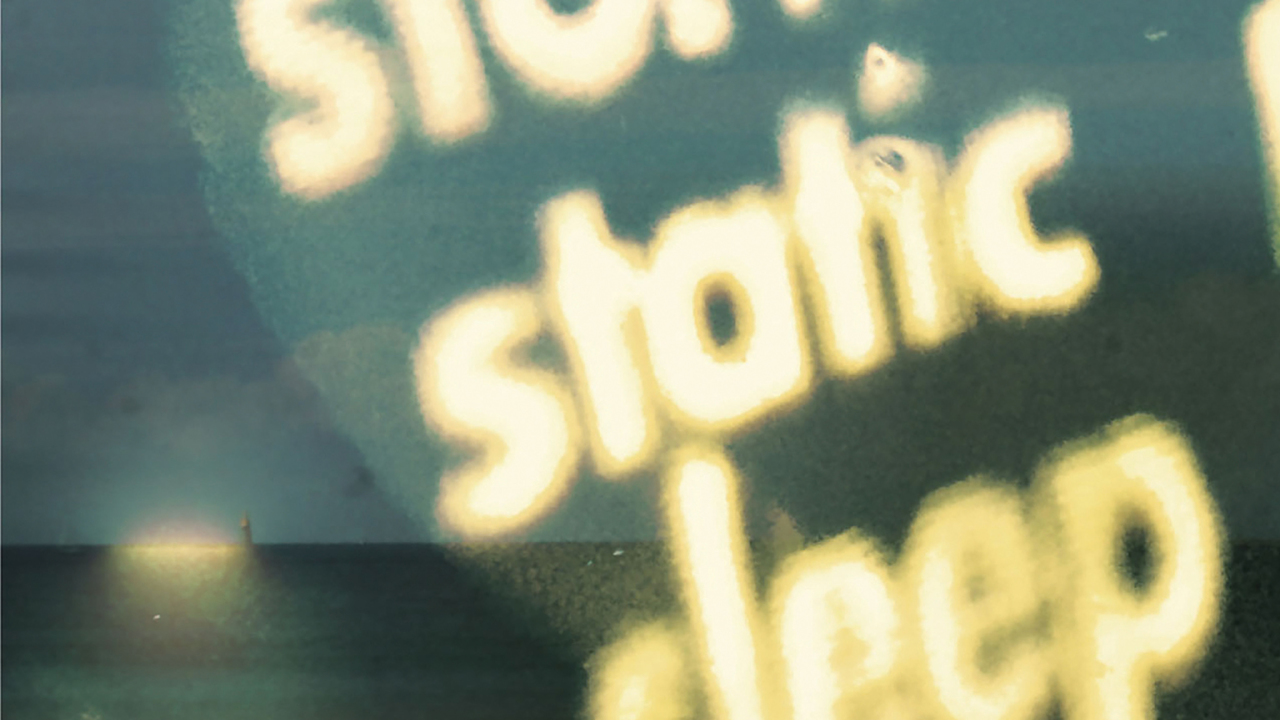It’s certainly an intriguing story, where post-rock fits into the great scheme of things musically, and Jack Chuter is to be commended for creating a personal approach to tackling it.
Of course, that might also lead to gripes that he doesn’t draw the same conclusions that you, the reader, may wish he does, but hey, this is prog and it’s not like we’ve never had people griping about suchlike before…
Where post-rock, a sub-genre seemingly as expansive as progressive music itself, fits into the word of prog is dealt with early in the book, with oft-quoted early press figurehead Simon Reynolds stating that, “the thing about prog is that most of it actually rocks. It rocks weird, but it still rocks”. Of course, there are also the vast soundscapes that exist within both. The elegiac Talk Talk (“more of a prog band than post-rock,” suggests Reynolds) and US noiseniks Slint (“prog punk” according to Reynolds) are Chuter’s key figureheads. But elsewhere Mogwai, Godspeed!, Tortoise, Isis, Sigur Rós, 65daysofstatic and Maybeshewill, all bands that Prog readers will have seen on these here pages, feature heavily, further strengthening the connection between the two evidently simpatico worlds.
Whether Chuter does enough to adequately explain what post-rock is, beyond the assertion that to define it is pretty difficult (something else it shares with prog) is not esay to call. But at the end of the day this is as decent a primer for a musical genre that can appear as confusing and difficult to get to the bottom of as prog itself.

